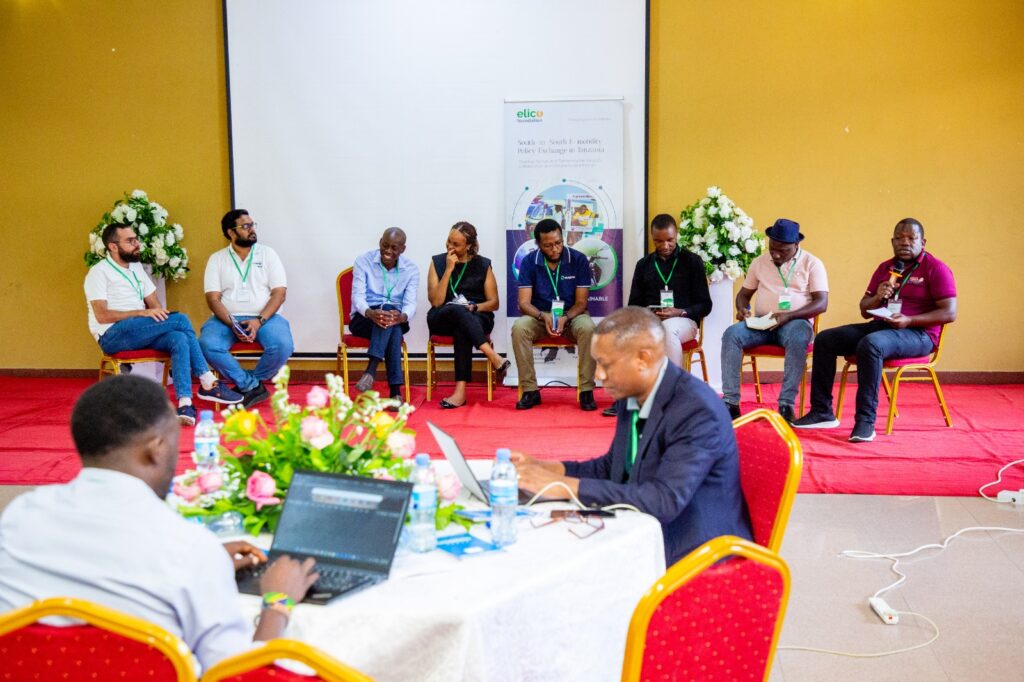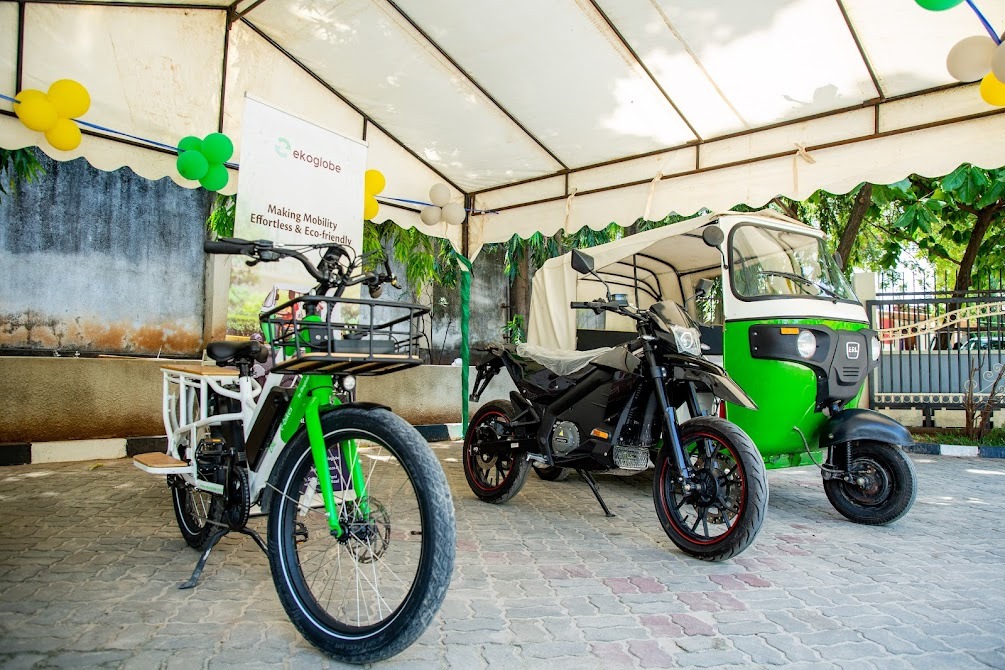Dar es Salaam. With the increasing interest in the use of electric transportation vehicles such as motorcycles, three-wheelers, and cars in the country, stakeholders in collaboration with the government have gathered to discuss a policy framework that will provide guidelines for the importation and use of these vehicles.
The availability of specialized mechanics, importation of these vehicles, costs, registration procedures, recognition, and awareness are among the topics discussed in a workshop that brought together the government and these stakeholders.
This workshop for the development of a national electric mobility framework (e-mobility), which brought together government institutions and stakeholders, took place today, December 17, 2024, in Dar es Salaam.
It has been noted that one of the benefits of using electric vehicles includes reducing environmental pollution, lower charging costs, and reducing carbon and heat emissions.
However, among the hurdles facing this sector in the country are the shortage of experts, high taxes, and policy challenges, which have been cited as contributing to the small number of electric vehicles in the country.
According to the E-Mobility Alliance Report released in March 2023, Tanzania has 5,000 electric motor vehicles, a number that is small compared to the global trend towards clean energy usage but is significant for East African countries.
The number of these vehicles could be higher, but the report mentions challenges such as high taxes on these products, low public awareness, the distance of electric service facilities, and the lack of clear policies as factors causing their scarcity.
Speaking to Mwananchi Digital at the workshop, the Manager of Innovation and Technology from the Commission for Science and Technology (Costech), Dr Gerald Kafuku, said that the policy framework is currently being developed and will be consolidated and then forwarded to the Ministries of Finance and Transport for inclusion in the next fiscal year 2024/25.
“Include it in the tax law to create an enabling environment that will be nationally recognized for registering these vehicles and even charging infrastructure. We are considering even fuel station owners to have charging sections, so they need to understand that’s why we’ve gathered to discuss,” said Dr. Kafuku.
He said it might even be possible in the future for rapid buses, commonly known as mwendokasi, to use electric vehicles because they use their own routes, making it easy to charge these vehicles.
“Our partners from the Renewable Energy Institution Elico Foundation, who we met today, are preparing a policy framework for two and three-wheeled motorcycles, and as a nation, we are preparing an overall policy framework for all vehicles,” he clarified.

He said all these matters are included in the policy framework for use by anyone involved in this area.
Sisty Basil, who is Executive Director of the Energy and Livelihoods for Communities (E-LICO) which is institution of Renewable Energy said they decided to collaborate with the government starting by learning from developed countries in operating these vehicles.
He said they decided to go with the government to learn from developed countries like China about the challenges, charging stations, and battery exchange points to gain more knowledge.
“After learning, we realized we should have a policy to reduce importation costs, have institutions that will produce mechanics when we have the vehicles, so we decided to meet to discuss what we saw there and our recommendations in the policy draft including solving challenges,” he said.
He said Tanzania still does not have a policy governing electric vehicles, so these presentations will go into the recommendations for Tanzania’s electric vehicle policy, then to Parliament, and later become law.
The Head of the Electrical Department from Arusha Technical College, Engineer Ally Ngulugulu, said that with this new E-Mobility technology, they are prepared to update the curriculum to produce experts who will align with this modern technology.
The Transport Officer from the Ministry of Transport, Department of Transport Services, Mario Kazimoto, said that the issue of electric transportation vehicles is something that should be supported due to its numerous benefits, including being noise-free.
He said even the government supports it, giving the example of starting the electric train (SGR). He said the country is on the way to coming up with a policy that will govern this area for further development.


